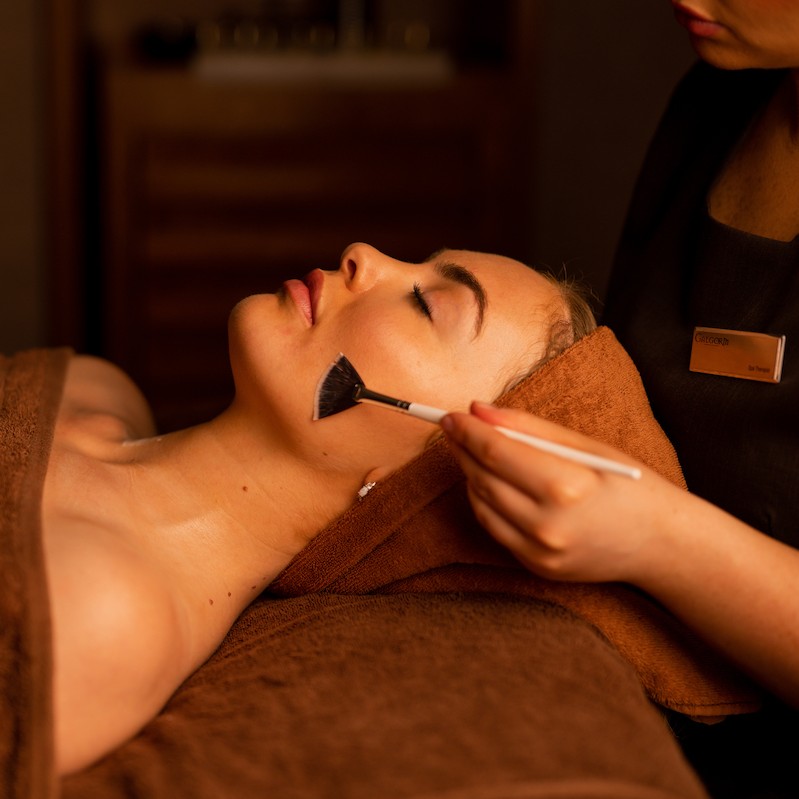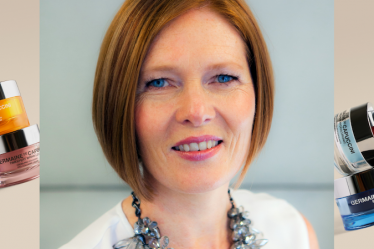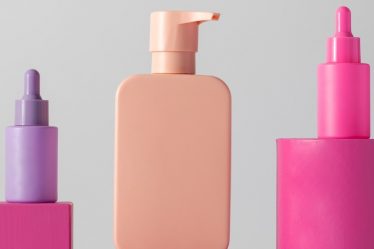
Updated on
20th Oct 2025
Finding a brand that reflects your spa’s values, inspires your team and delights your guests
Selecting a professional skincare brand for your spa is one of the most important business decisions you can make. The right partnership doesn’t just elevate your treatment menu, it also strengthens your brand identity, boosts retail sales and enhances guest loyalty.
Three spa leaders – Hayley Clancy, head therapist at Nàdarra Spa, The Coniston Hotel and Estate in Yorkshire; Emma Pridding, spa director at The Spa at Carden in Cheshire; and Tara Moore, head of spa operations at Galgorm Spa & Golf Resort in Northern Ireland – share what they look for when choosing a skincare brand that truly delivers for both therapists and guests.
Look for brand values that align with your spa ethos
A strong brand partnership starts with shared values. For Hayley Clancy, this means working with brands that reflect Nàdarra Spa’s connection to nature and wellbeing.
“At The Coniston Estate, we’re incredibly lucky to be surrounded by the natural beauty of the Yorkshire Dales, it’s something that inspires everything we do, especially in our spa. So, when it comes to choosing a skincare brand, it’s important to us that it shares that same respect for nature and wellness.”
Clancy adds that natural, ethically sourced ingredients are non-negotiable: “Our treatments are designed to be deeply restorative, so it’s essential that the products we use feel as pure and grounding as the landscape around us.”
At The Spa at Carden, Emma Pridding takes a similarly values-driven approach. She says, “I look at five key factors as a reference point when looking for new brands to work with. These include the brand’s story, values, reputation, exclusivity and its alignment with our own brand.”
Balance brand recognition with authenticity and results
While a well-known name can attract attention, the experts agree that brand recognition should never come before authenticity or performance.
“Brand recognition is never the starting point for us,” says Clancy. “While it’s always nice to work with a well-known name, what really matters is whether the brand aligns with who we are and what our guests are looking for.”
Tara Moore also highlights the importance of reputation and quality in professional skincare, explaining, “I look for a reputable brand with a strong presence in the professional skincare industry. Brands known for their innovation, consistent quality and professional training support ensure we as a spa continue to enhance our service offering and quality.”
Empower your therapists through training and connection
When assessing potential partners, all three experts agree that therapist engagement and education are key.
“If our therapists don’t feel confident in the products they’re using, that can really affect the whole treatment,” explains Clancy. “When a brand takes the time to properly train us, share their story, and really get us excited about their products, it makes such a difference.”
For Pridding, comprehensive training is a sign of a committed brand partnership. “We look for meticulous brand training and regular updates for the team – progressing our staff and building their skills is of great importance to us.”
Moore echoes the sentiment, saying, “Comprehensive training for spa therapists on product use and treatment protocols is essential. Good brands offer professional support, including workshops, certifications and ongoing education to ensure therapists are knowledgeable and confident.”

Put guests at the heart of every decision
A successful skincare partnership should always enhance the guest experience. For Moore, understanding guest profiles and feedback is essential to finding the right fit.
“With ever-increasing competition in the market, it’s important that we continue to offer innovative service offerings for our guests,” she says. “Ensuring we understand exactly who our target markets are enables us to identify their wants, needs and drivers when it comes to booking spa experiences.”
At Nàdarra Spa, guest feedback directly shapes purchasing decisions.
“Our guests are at the centre of everything we do,” says Clancy. “If they’re asking about certain ingredients, skin concerns, or even mentioning brands they love, we really listen. Their feedback helps us understand what they’re looking for and what’s missing.”
Choose brands that drive retail and repeat visits
Retail performance and brand loyalty go hand in hand. As Clancy explains, guests want products that extend the spa experience at home.
“Guests also want more than just skincare, they want something that feels personal, that they can connect with, and that fits into their lifestyle once they leave the spa. If they love how their skin feels after a treatment and can recreate a bit of that spa feeling themselves, they’re far more likely to rebook.”
Pridding adds that strong retail partnerships depend on collaboration, commenting, “We often ask from our skincare brands that they offer event gifting, VIP support and continual training with therapists. We also look for a great retail partnership, asking brands for their input on how we can best market their products.”
Foster collaboration, not just transactions
True brand partnerships go beyond product supply.
“With a good partnership, the products do what they promise, the training is solid, and everything functions well day-to-day,” says Clancy. “But an exceptional partnership goes further – it’s when there’s real collaboration, where the brand listens to what our therapists need, understands our guests, and helps us to create moments of care that guests remember long after they leave the spa.”
She adds that collaborations on seasonal events and marketing campaigns help strengthen brand presence.
“We welcome opportunities for brand representatives to join us at seasonal events, such as Christmas markets, which provide a great platform for direct guest interaction.”

Sustainability as a non-negotiable value
Across all three spas, sustainability is now a decisive factor when choosing new skincare brands.
“Sustainability is one of the core pillars we look for,” says Moore. “Galgorm Collection is committed to being fully carbon neutral by 2030, and we believe in partnering with brands who align with this pledge.”
At The Spa at Carden, this alignment is just as vital.
“Sustainability is at the heart of our spa,” says Pridding. “We pledge to only work with suppliers and contractors with similar environmental standards to align with our vision.”
Clancy agrees that ethical and eco-conscious practices are fundamental.
“We’re always looking to partner with brands that genuinely care about their environmental impact, whether that’s through sustainably sourced ingredients, eco-friendly packaging, cruelty-free products, or responsible manufacturing. At the end of the day, we want to offer our guests something that not only feels good, but does good too.”
She adds that sustainable partnerships also enhance the guest experience, saying, “More people are asking about the sustainability of the products we use in treatments and sell in our retail space. Being able to confidently share that we’re using ethical, eco-friendly products adds an extra layer of trust and value to their experience.”
The future of skincare partnerships in spas
As guest expectations evolve, the spa-skincare brand relationship is becoming more collaborative, personalised, and purpose-driven.
“Over the next few years, I see skincare brands playing a bigger role in helping spas offer personalised, results-driven therapies, along with eco-conscious products that align with guests’ values,” says Clancy. “We’re excited to collaborate with brands that support this more holistic and conscious approach to beauty and wellbeing.”
Key takeaways for spa managers
- Prioritise values, sustainability and authenticity over name recognition.
- Ensure brands offer in-depth therapist training and strong ongoing support.
- Use guest feedback and retail data to guide brand decisions.
- Build collaborative partnerships that enhance your treatment menu and marketing.
- Choose brands that align with your environmental and ethical standards.
You might also like:


